By: Staff Reporter – TPA News Desk | editor@thepointafricanews.com | Note: Inspired from ‘Stories of Change’ – Sweden Embassy, Monrovia
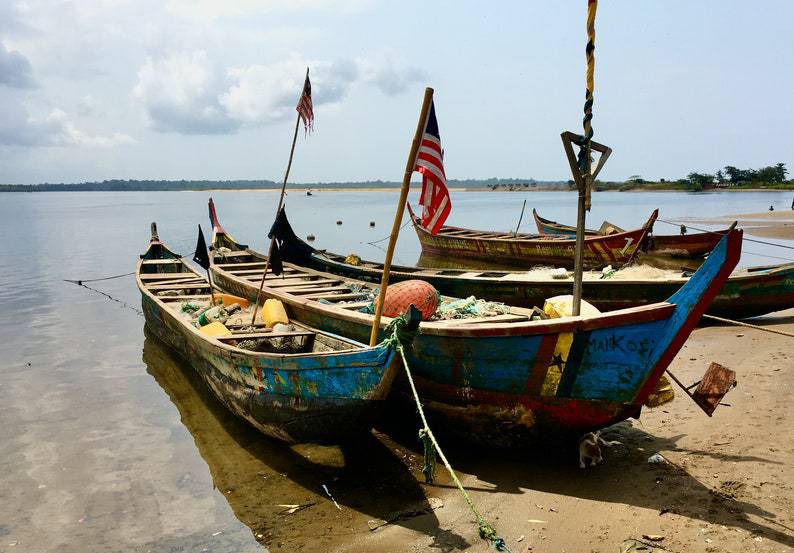
On the sun-drenched shores of Liberia’s coastal town of Robertsport, the Atlantic tide rolls in like clockwork. For Beatrice, a fish seller-turned-entrepreneur, those waves once carried with them the weight of uncertainty. Each morning, she would rise before dawn—not to cast nets or weigh profits, but to negotiate credit with fishermen, hoping to secure enough fish to sell at the market. With no savings, no capital, and little stability, Beatrice’s business teetered with every tide.
That all changed when she joined the Blue Ocean Programme, a Swedish-funded initiative implemented by Conservation International Liberia, in partnership with Liberia’s Environmental Protection Agency (EPA)and the National Fisheries and Aquaculture Authority (NaFAA).
Launched in the wake of the 2019 Blue Oceans Conference—West Africa’s first regional forum on marine conservation—the Blue Ocean Programme aims to harness the potential of Liberia’s marine and coastal ecosystems through sustainable development. It focuses on community empowerment, scientific research, and marine governance, with special attention to women and small-scale fishers.
Beatrice received an $800 grant through the programme. With it, she purchased a canoe and essential fishing gear. In a matter of months, her fortunes transformed. No longer dependent on middlemen or daily loans, Beatrice began employing local fishermen herself, securing her own supply and building a small but thriving business.
Beatrice’s story is not an isolated case. Across Liberia’s coastal counties, the Blue Ocean Programme is empowering dozens of women like her—providing training in sustainable fishing practices, access to cleaner fish processing methods, and small grants that catalyze economic independence.
The initiative also supports broader goals: restoring mangroves, reducing marine pollution, and building climate resilience through eco-conscious fishing. Smoke-free ovens and solar-powered freezers are being introduced in fishing communities, improving hygiene, reducing environmental harm, and increasing profits.
For Beatrice, these innovations mean more than just profit—they represent dignity.
NaFAA emphasizes the program role in securing food systems and jobs in a country where over 33% of protein intake comes from seafood.
As the ocean laps gently at the edge of Beatrice’s village, the tides no longer bring fear—but hope. From dependence to determination, hers is a story of how a small investment, in the right hands and under the right wave of policy, can turn the tide for communities long overlooked.



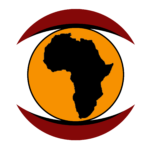
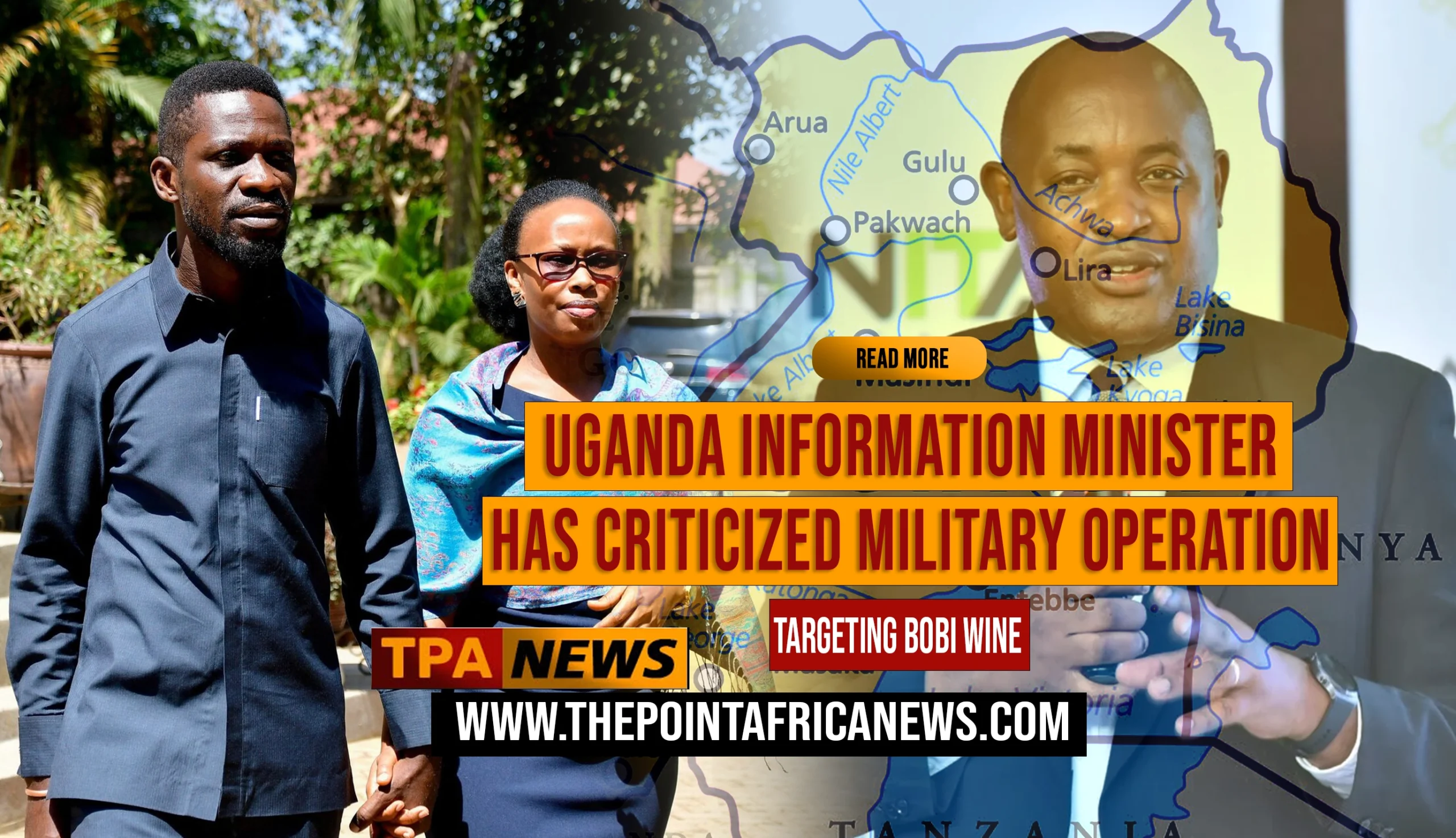
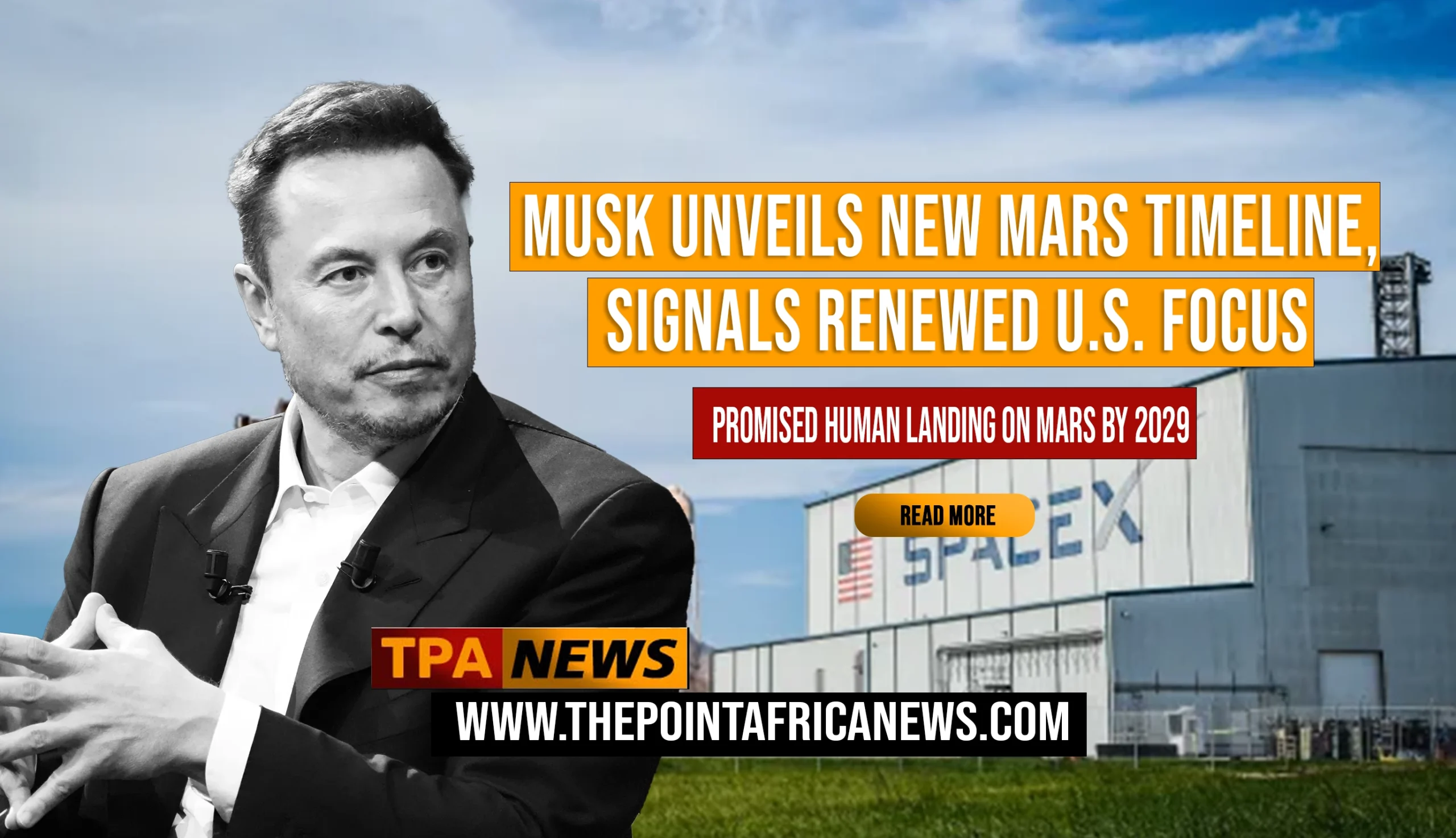
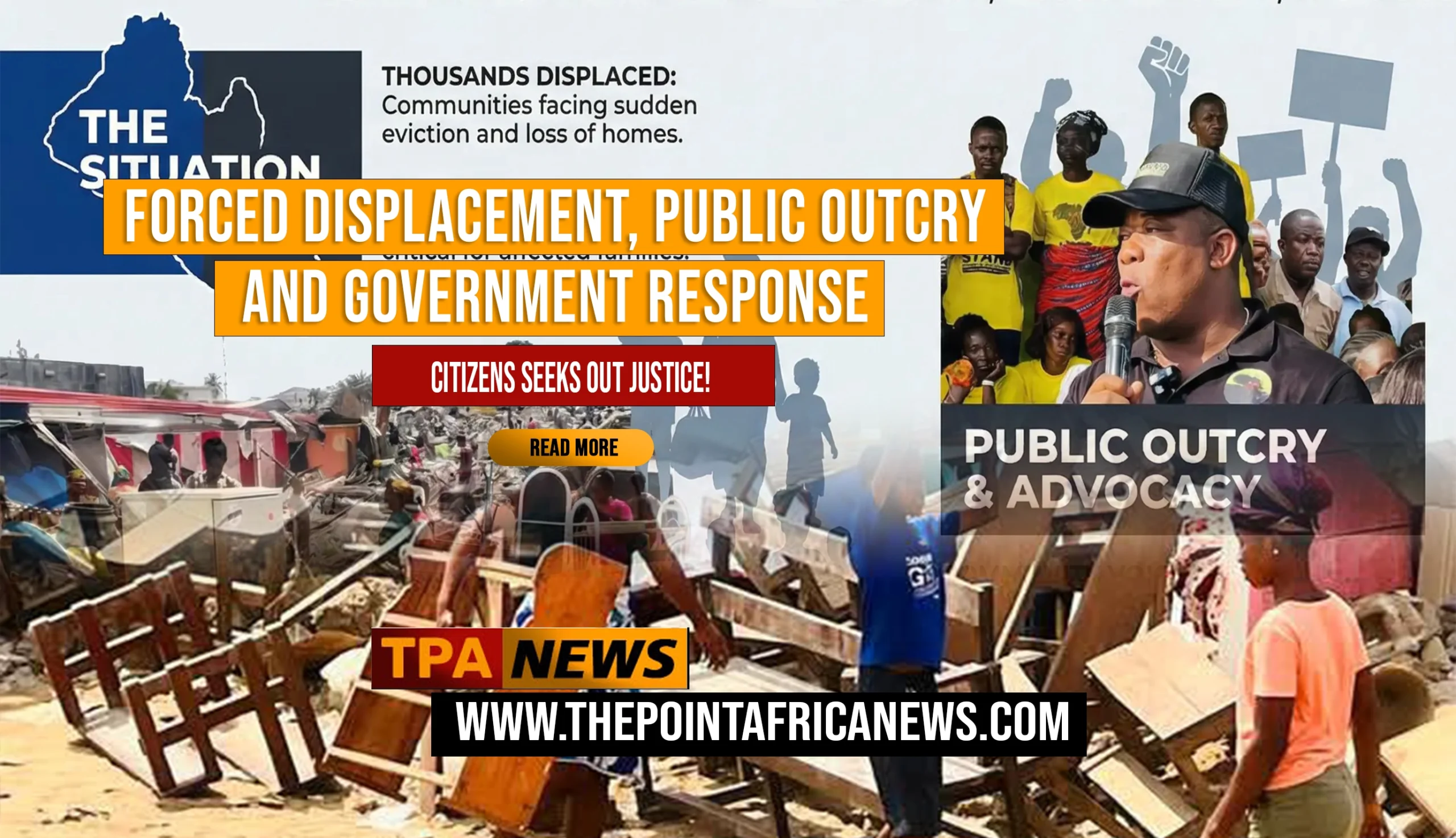
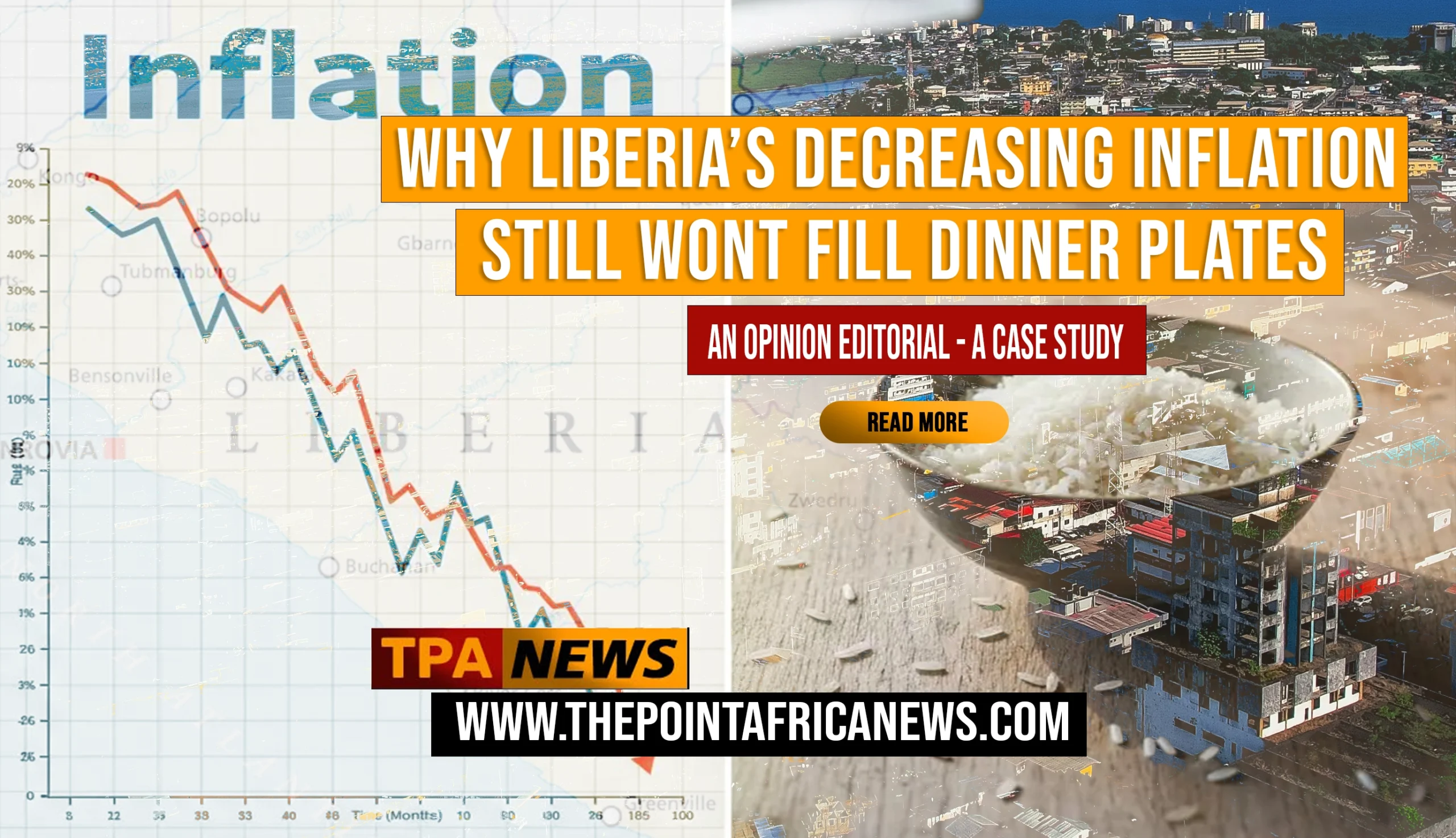
Leave a Reply